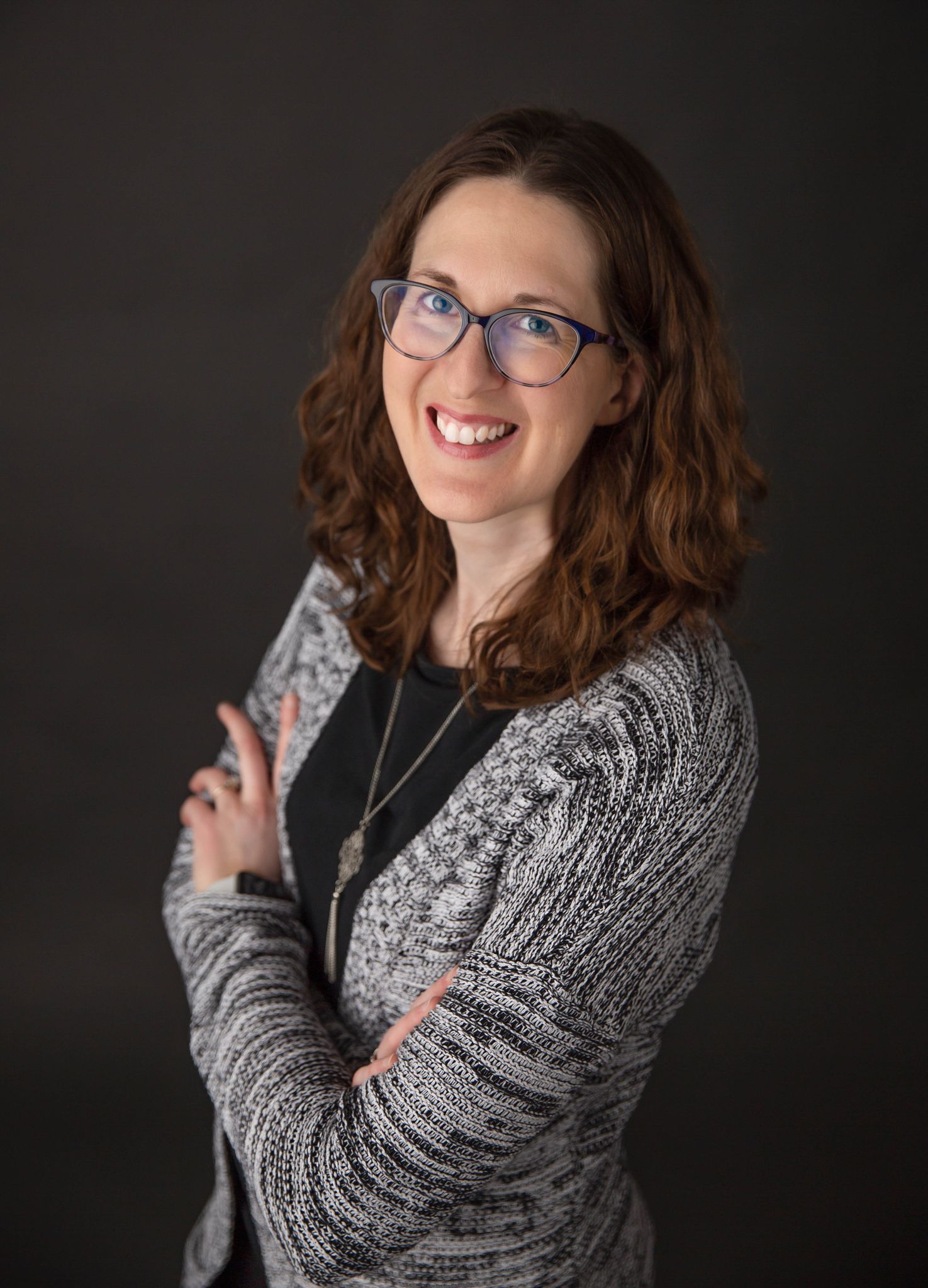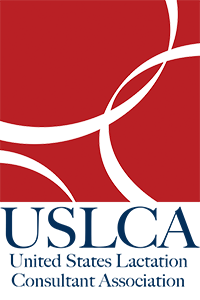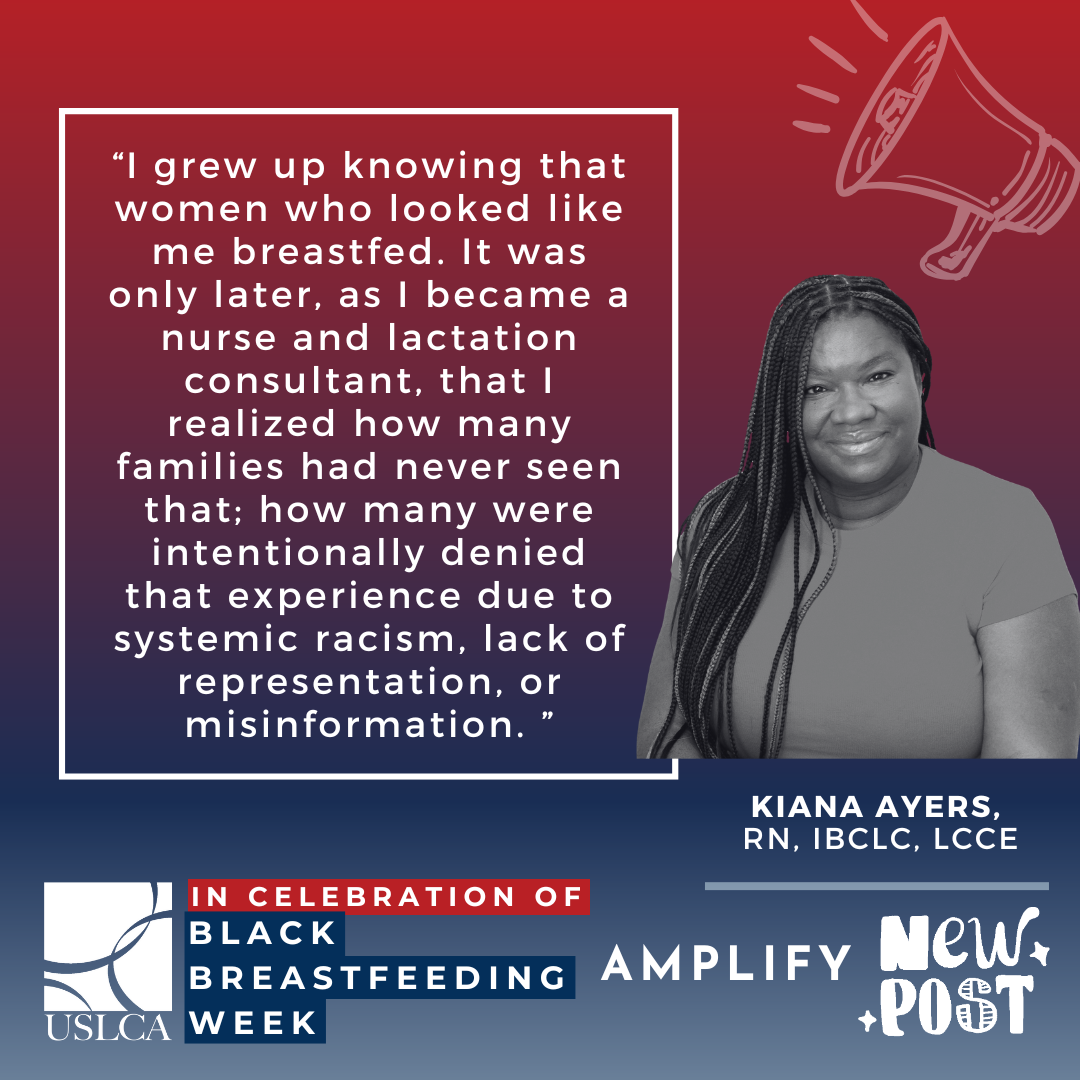PEER SUPPORT SPACES FACILITATED BY PROFESSIONALS:
A Place to Learn, Be Encouraged, & Encourage Others
By Jennifer Hafele, M.Ed., IBCLC
 To be honest, I felt a bit anxious when my 2-year-old presented our nursing pillow to me and asked for “milk” with words and sign language. I had recently categorized Evan as “fully weaned.” For the most part, my feeding journey with him had been a smooth one, and I was content to be finished. But was he? What should I do?
To be honest, I felt a bit anxious when my 2-year-old presented our nursing pillow to me and asked for “milk” with words and sign language. I had recently categorized Evan as “fully weaned.” For the most part, my feeding journey with him had been a smooth one, and I was content to be finished. But was he? What should I do?
Thankfully, this sticky situation that could have turned troubled and tearful (both on his side and mine) proceeded smoothly, thanks to my involvement in my local La Leche League. At one of our meet-ups, participants had discussed that even after a child weans, they may want to breastfeed again but forget how to do it. When my toddler asked, I decided to allow him to try (heart pounding), and he had inexplicably forgotten how (miracles do happen)! Those parents were right! It was no big deal; Evan scurried away with no drama on his end or mine, just a realization it was time to retire that pillow.
Peer support groups appear to be part of healthcare practices rather infrequently. As such, IBCLC’s refer clients to La Leche League, Breastfeeding USA, or similar organizations that provide peer support. These organizations can serve a pivotal role for many. I have identified an interesting twist that seems to be a win-win-win: peer support spaces facilitated by professionals.
Pandemic Made Online Support Critical
Ten years after that newly-weaned boy scampered off, I offered the first online support group of my practice, at the start of the pandemic. It was March 2020, and I wasn’t about to leave my families on their own, so I adapted quickly. The free group met online, once a week for an hour. Each time, we had a focused topic to start off the conversation. As a former high school teacher with a Master’s in Education, it wasn’t a stretch for me to prepare, present, and facilitate interaction. Over time, I expanded to invite guest speakers (e.g. mental health therapist, pediatric dentist, chiropractor, professional organizer, and many more) to share their wisdom. We would end with general questions, socialization, and of course, group support.
The benefits for these families were immediate and robust. Similar to my 14 years of La Leche League meetings, attendees were no longer alone. They were able to identify with others in a similar situation to their own, as well as observe people a stage or two ahead. They learned by talking to and watching one another. They looked to me to provide expert information and fill educational gaps, while they came to rely on each other for encouragement, supportive friendships, and celebration at overcoming the struggles that come with early postpartum (pandemic or not). These lactating parents came from all over my state and beyond, as many initial attendees started inviting friends and family members from around the nation.
What Does the Research Say?
Breast/chestfeeding self-efficacy is essentially, a lactating parent’s belief, ability, and self-confidence that they CAN breast/chestfeed, which plays a key role in the initiation and continuation of breast/chestfeeding (Chehreh, et al, 2021).
We know that “breastfeeding self-efficacy is a modifiable factor that practitioners can target to improve breastfeeding rates in mothers of full-term infants” (Brockway, et al, 2017).
The literature on breast/chestfeeding self-efficacy shows that focused and consistent social support sources increase self-efficacy and thus longer duration of human milk feeding. Self-efficacy can also be affected by the parent’s psychological status in the postpartum period, as well as breast/chestfeedingfeeding attitude, education, and counseling (Mercan, et al, 2021).
Given that peer support promotes breast/chestfeeding self-efficacy, as does expert education from professionals, it would seem a bit of a no-brainer to pair the two together and watch the magic unfold.
Benefits for Clients AND Practice
While I started our online group to provide resources to parents lost in the pandemic, over time the benefits for my business began to snowball. Participants began to reach out for consultations and classes after developing a trust with me as a compassionate expert. They referred friends. Guest speakers became trusted referral sources. How often does another healthcare professional get to observe a lactation consultant? In group, they felt honored by my invitation and at the same time were able to experience and recognize the expertise I bring to families. Soon, my name and practice became known and respected in our geographic region and within our healthcare community.
Passive Online Support, In-Person Support, Experience for Mentee
Not surprisingly, peer group offerings in my practice have expanded organically. I added a free, private Facebook group that is active and growing. The group now requires little effort on my part; members support each other, and I step in from time to time to provide a resource or update. I have both staff and trusted long-time members who admin the group with me, making sure the information shared is evidence-based and participants adhere to group rules.
At the beginning of this year, my mentee and I began testing our first paid, in-person support group, what we call our Baby Bear Bunch. This group meets in-person on Saturdays and has a less structured format. Activities center around building relationships, responding to individual concerns, and letting the little ones play! This is also a beautiful way for my mentee to immerse herself in new parent culture and learn valuable insights, not to mention gain hours toward her IBLCE requirements.
Final Thoughts
As I share this experience, IBCLC’s may wonder about liability. When participants register for any of our support group offerings, they receive notification that the group is not a formal consultation and as such does not substitute for individualized clinical care. They know I don’t provide assessments or individual-specific advice during groups. Instead, I provide accurate, beneficial information that they can trust more than Dr. Google.
When the pandemic hit, I reached for something familiar to help my community: peer support groups. Now that things are normalizing, I am extending my investment in peer support spaces facilitated by professionals not only for the community, but for my business, as well. It has become a win-win-win scenario for everyone – the free participants, my paid clients, all the babies, the guest speakers, my mentee, and my practice. It can be a win-win-win for you, as well!
BIBLIOGRAPHY:
Brockway M, Benzies K, Hayden KA. Interventions to Improve Breastfeeding Self-Efficacy and Resultant Breastfeeding Rates: A Systematic Review and Meta-Analysis. Journal of Human Lactation. 2017;33(3):486-499. | DOI: 10.1177/0890334417707957
Chehreh, Razhan1; Zahrani, Shahnaz Tork2; Karamelahi, Zolaykha3,; Baghban, Alerza Akbarzadeh4. Effect of peer support on breastfeeding self-efficacy in ilamian primiparous women: A single-blind randomized clinical trial. Journal of Family Medicine and Primary Care 10(9):p 3417-3423, September 2021. | DOI: 10.4103/jfmpc.jfmpc_172_21
Mercan Y, Tari Selcuk K. Association between postpartum depression level, social support level and breastfeeding attitude and breastfeeding self-efficacy in early postpartum women. PLoS One. 2021 Apr 2;16(4):e0249538. |DOI: 10.1371/journal.pone.0249538. PMID: 33798229; PMCID: PMC8018654.
Jennifer Hafele, M.Ed., IBCLC, is an International Board Certified Lactation Consultant in private practice based in Eau Claire, Wisconsin. “Mama Bear” herself, Jennifer owns Mama Bear Family Care and offers in-home, in-office, and telehealth options for lactation care. Her growing team includes a Childbirth Educator & Doula, Certified Breastfeeding Specialist, and soon-to-be an Infant Sleep Coach.
Jennifer’s work as a Lactation Consultant and Perinatal Educator has its roots in peer lactation support. She served as a progressive and inclusive La Leche League leader from 2011-2022. Drawing upon her experience in hundreds of LLL meetings over the years, Jennifer established a long-running free online support group through her private practice at the beginning of the pandemic (March 2020) that is still going strong to this day. She now enjoys significant participants going both ways – from her support groups to her practice, and vice versa.
A Masters’ level educator and lifelong learner herself, Jennifer values meeting families where they are with useful education before and after birth, nonjudgmental support, and further resources for their journey. She also enjoys empowering other providers in a similar way. Jennifer lives in the Chippewa Valley with her family and two little dogs.
Learn more about Jennifer: https://www.mamabearfamilycare.com



